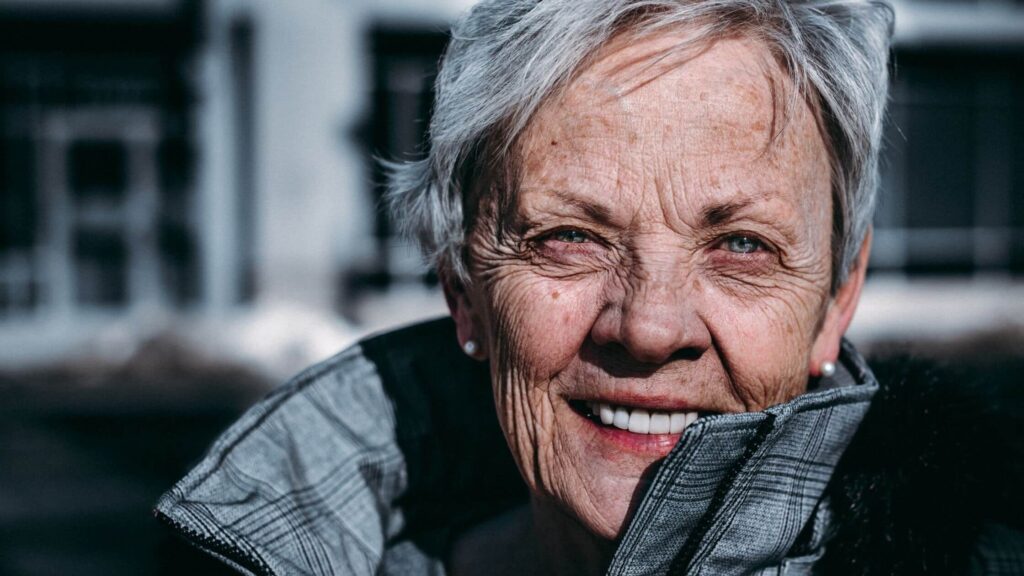
The right facial care routine affects the healthy and youthful appearance of the face, as well as our well-being. So it is crucial to determine our skin type, which will allow us to choose the right type of cosmetics....

The right facial care routine affects the healthy and youthful appearance of the face, as well as our well-being. So it is crucial to determine our skin type, which will allow us to choose the right type of cosmetics....

The term mature skin is generally a way of saying that your skin is showing signs of aging. As you age, your skin loses elasticity and becomes thinner. Age-related skin changes are...

It's natural that when you hear the word "hydration," you think of water. And rightly so. Moisturizing your skin means increasing its water content. If your skin is dehydrated, it can become flaky, dull and dry....

Sensitive skin is a common problem, but is not in itself a medical diagnosis. The term generally refers to skin that is more prone to inflammation. The causes of these...

Facial hyperpigmentation (Melasma) is a common skin problem. They manifest themselves as dark spots on the skin, mainly on the face. They are also called osteoma or "mask of pregnancy" when it occurs in pregnant women. The affliction affects women much more often than men ...

Did you know that, according to the Skin Cancer Foundation, 90% of the visible signs of skin aging are related to UV exposure? Even if sun exposure is a true moment of pleasure, both short and long-term, it turns out, also a real threat to the health and youthfulness of your skin. Regenerating your skin after sun exposure can prove invaluable, and here are some tips on how to take care of your skin this summer.

When it comes to facial massage, there have been some misunderstandings about it for many years. From an early age, we are taught to keep our fingers and hands away from our faces in order to have a nice complexion. That's why we wash off our makeup with washcloths and wash our faces with rotary brushes; we use makeup brushes and sponges instead of simply using our own fingertips for this purpose.

Vascular skin - its name is a condition caused by the weakening of facial blood vessels, most often on the cheeks and around the nose. When we are exposed to heat, cold and various emotions, our skin reacts by dilating the blood vessels in the face (this allows blood to flow freely) and then contracting when necessary. However, if the vessels are weakened, they may have difficulty shrinking, causing longer-lasting redness.